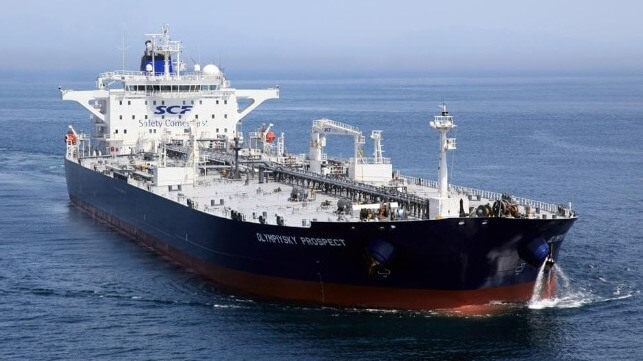EU May Exempt Pilotage Services From Russian Oil Ban

EU in Consultation to Exempt Maritime Pilot Services from Russia Oil Ban
As the European Union (EU) gears up for a ban on Russian oil imports beginning this December, a proposal has been made to exempt maritime pilot services to ensure safety.
The exemption is meant to allow ships with Russian oil cargoes to use marine pilots to navigate vessels through narrow choke points, where pilotage is typically used to ensure safety of navigation.
In the Russian oil embargo adopted by EU back in May, pilot services had been included in a ban on provision of technical assistance needed to transport the oil.
For instance, Denmark’s maritime authorities recommend shipowners and charters to utilize pilot services when tankers transit Danish straits to mitigate environmental risks. Most of the oil shipments from Russia’s Baltic Sea ports pass through Danish straits.
According to Bloomberg, the exemption proposal will be tabled for consideration by EU ambassadors this week in Brussels. It is part of the eighth batch of sanctions against Russi, unveiled last week by European Commission. The package constitutes the EU’s response to Russia as the Kremlin amplifies its threats to use nuclear weapons and annex four occupied territories in Ukraine.
International oil price cap
An important but controversial element of the new proposed sanctions includes an oil price cap for third countries. Already, the G7 nations have already agreed to put an oil price cap via insurers.
The US pushed for the oil price cap as an alternative to the EU’s riskier plan to ban Russian oil imports. US Treasury officials argue that a total EU embargo on Russian oil could reduce Russia’s exports by three to five million barrels per day, which could trigger a massive oil price hike globally.
The oil price cap is a novel idea that aims to prevent shipping and insurance companies from moving Russia oil unless they have purchased it at or below a specified price threshold. Some proponents of the idea have suggested $60 a barrel, as it is just above the marginal production cost of Russia’s oil. In such a scenario, the revenues are bound to tumble in the long-term, denying Moscow immense profits from oil trade.

that matters most
Get the latest maritime news delivered to your inbox daily.
Since Russia depends heavily on shipping and insurance companies based in EU and the G7 nations to move its crude, the price cap is seen as a sure way to punish Putin while keeping Russian oil flowing.
